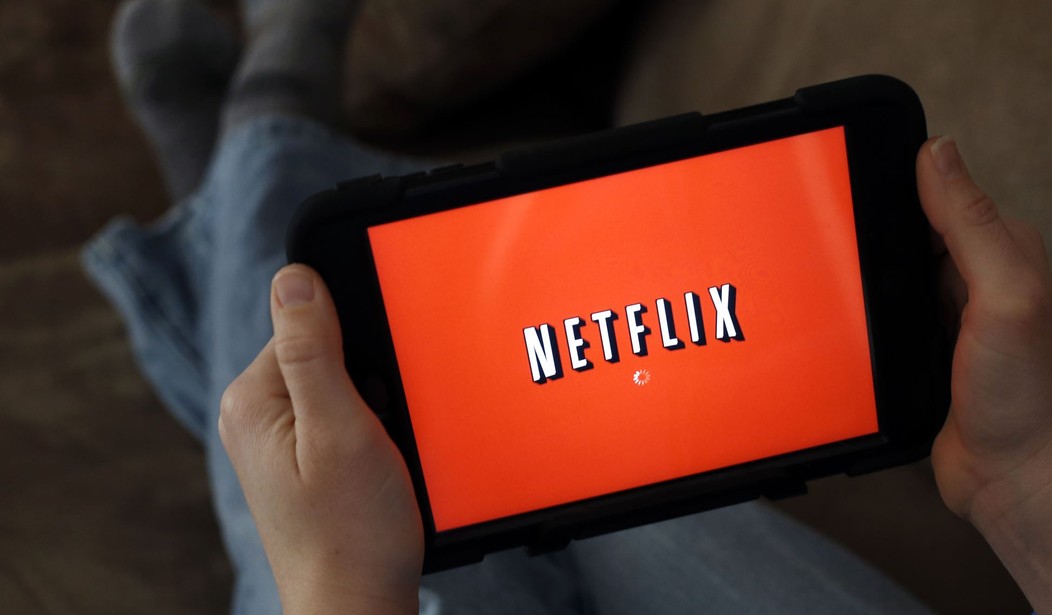We're all likely to remember how John Cena made the mistake of referring to Taiwan as a country, and then felt the need to do damage control through a dramatic, over the top apology in Mandarin. Foreign tensions with China are affecting entertainment in other, more subtle ways too, it turns out. As Mai Ngoc Chau and Xuan Quynh Nguyen with Bloomberg reported, "Vietnam Says Netflix Removes Show Violating Sovereignty Laws."
The show in question, "Pine Gap," was removed for violating national sovereignty laws. As it turns out, Vietnam has a Department of Radio, Television and Electronic Information, which flagged multiple episodes:
“Following a written legal demand from the Vietnamese regulator, we have removed the licensed series, Pine Gap, from Netflix in Vietnam, to comply with local law,” Netflix said in an emailed statement. “It remains available on our service in the rest of the world.”
Vietnamese officials discovered “the misrepresentation of Vietnam’s sovereignty in the second and third episodes of the Pine Gap series released on the Netflix movie platform in Vietnam,” the department said on its website. The episodes feature the so-called nine-dash line in the sea, it said.
China’s nine-dash line claims a vast part of the waters and is contested by Hanoi.
The department said it has flagged Netflix three times during the past 12 months for violations of its sovereignty laws. It also complained about the shows Madam Secretary and Put Your Head On My Shoulder, the department said.
"The broadcasting authority claims the depiction of the map 'hurt feelings' and 'angered' the 'entire Vietnamese people,'" according to Jesse Hyland with Daily Mail Australia.
The South China Sea actually serves as a hotbed for tensions between the United States and China as well. A year ago this month, the State Department under then-President Donald Trump made it clear that the United States considered certain claims from China to be illegal, specifically to do with maritime disputes. The statement has been analyzed by groups such as the Brookings Institution and the Center for Strategic and International Studies.
In an opinion column published in May for The Washington Post, David Von Drehle warns how "In the South China Sea, Beijing’s claims to power signal danger ahead." When it comes to conflict with the United States, he writes:
Recommended
Known as the “nine-dash line,” this cartographic blitzkrieg has come to be official Chinese policy. Beijing claims sovereignty over nearly the entire sea. And thanks to the nation’s extraordinary economic growth, China is gaining the naval and political power necessary to back up its claims.
Over the past dozen years, the South China Sea has been the scene of nearly constant friction. In December, while Americans were distracted by holidays and an attempt to hijack the election, China angrily charged the United States with violating its territory and boasted that its navy had chased a U.S. destroyer, the USS John S. McCain, out of disputed waters claimed by China east of Vietnam.
By all indications, the incident was entirely ginned up. The McCain was engaged in a “freedom of navigation operation,” in which the United States asserts rights of passage — not only for U.S. ships but for vessels from all nations — by sailing through international waters. Navy brass insisted the ship wasn’t expelled. It was just passing through.
But the timing and belligerence of China’s claim is an omen of danger ahead. While Americans were involved in a domestic political crisis that would produce, days later, a mob assault on the Capitol, China bragged to the world that it had sent the U.S. Navy packing. Beijing sees opportunity in our overheated politics.
China’s many neighbors — and the world — are relying on the United States to maintain free passage through this critical waterway. China wants the United States out because that would tip the balance of regional power to China and put Beijing in a position to assert authority over Taiwan.
























